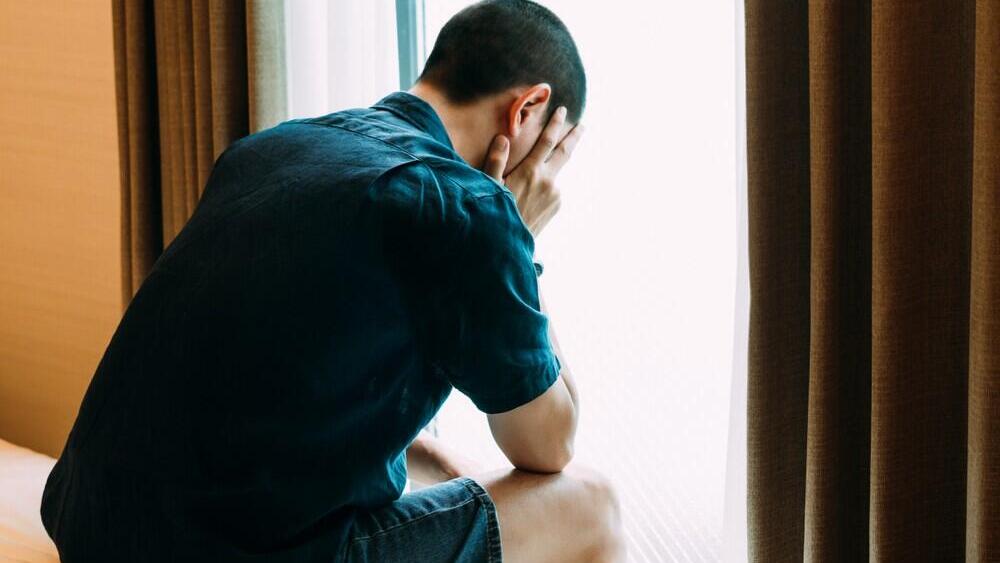Getting your Trinity Audio player ready...
The risk of addiction among individuals suffering from post-traumatic stress disorder (PTSD) stands at 40%, compared to 10% in the general population, according to data released by the Israeli Center for Addictions (ICA) ahead of Memorial Day.
More stories:
The data refers to an addiction to substances such as alcohol, drugs or prescription medications, as well as behavioral addiction such as gambling, shopping, pornography or sex.
The Israel Trauma and Resiliency Center, also known as NATAL, says the data sheds light on the difficult and complex coping issues of Israel Defense Forces soldiers who suffered from PTSD in the past, especially when many of them don’t receive – or don't wish to receive – proper treatment.
"We can see addiction to substances like cocaine, amphetamines, prescription drugs, alcohol and cannabis, but also addictions to certain behaviors like sex and pornography, which are becoming very common," according to Meitar Yechieli, a social worker, therapist and lecturer at the ICA.
"Choosing an addiction as a form of coping with issues like PTSD makes sense," he adds. "The use provides a very good short-term reprieve. The problem is that, in the long term, it only increases the problem and often also its symptoms. The pain increases because you’re hiding it with a band-aid, not treating it at the root. This also affects the ability to function in society."
Yechieli says that there’s no significant difference between post-trauma resulting from military service and post-trauma resulting from other events.
"The PTSD is the same," he explains. "The issue is the same, and in Israel, we can see that the number of people with PTSD resulting from their military service is very high. A state of war isn’t a normative one, and the human psyche attempts to adapt to it. Addiction is a normal response to the abnormal situation one is faced with – such as war."
The NATAL organization provides PTSD treatment to those who served in the IDF and says it is dealing with many cases of addicted patients.
"At NATAL, we treat over 800 clinical patients per year, without including hotline calls," says social worker Irit Alony, the director of NATAL's clinical unit. "Most of them are not recognized as suffering from PTSD, and haven’t gone through a psychological evaluation. They don’t need to prove anything to us, and out of 800 patients, about 80% arrived following their military service.
"We see a high prevalence of alcohol and cannabis use among PTSD patients. The rates are high because these are psychoactive substances that allow for a kind of calming effect on the intensity of post-traumatic symptoms, particularly in sleep,” Alony explains.
“Patients arrive with very severe symptoms of insomnia, flashbacks, anger issues and other symptoms. Every small noise - a door slamming, an alarm ringing or a sudden movement - is a trigger.
"Many of them avoid going outside to avoid flashbacks, and they also won’t go to any crowded spaces," she adds. "We often see depression, apathy, loneliness, anxiety and fear in patients."
Alony says that the substances are used "to silence the trauma they arrive with. They try in every possible way to block out the pain. If someone can't hold on to the trauma, sights, guilt and survivor's guilt they experienced – cannabis blocks it out, and other substances blur the feelings of pain.
"This creates a problem because this difficulty can become a never-ending cycle of drug abuse, and then other medical issues can be added to a patient’s PTSD, which is something we fear for. In order to continue treatment, we must first take care of the addiction,” she concluded.




